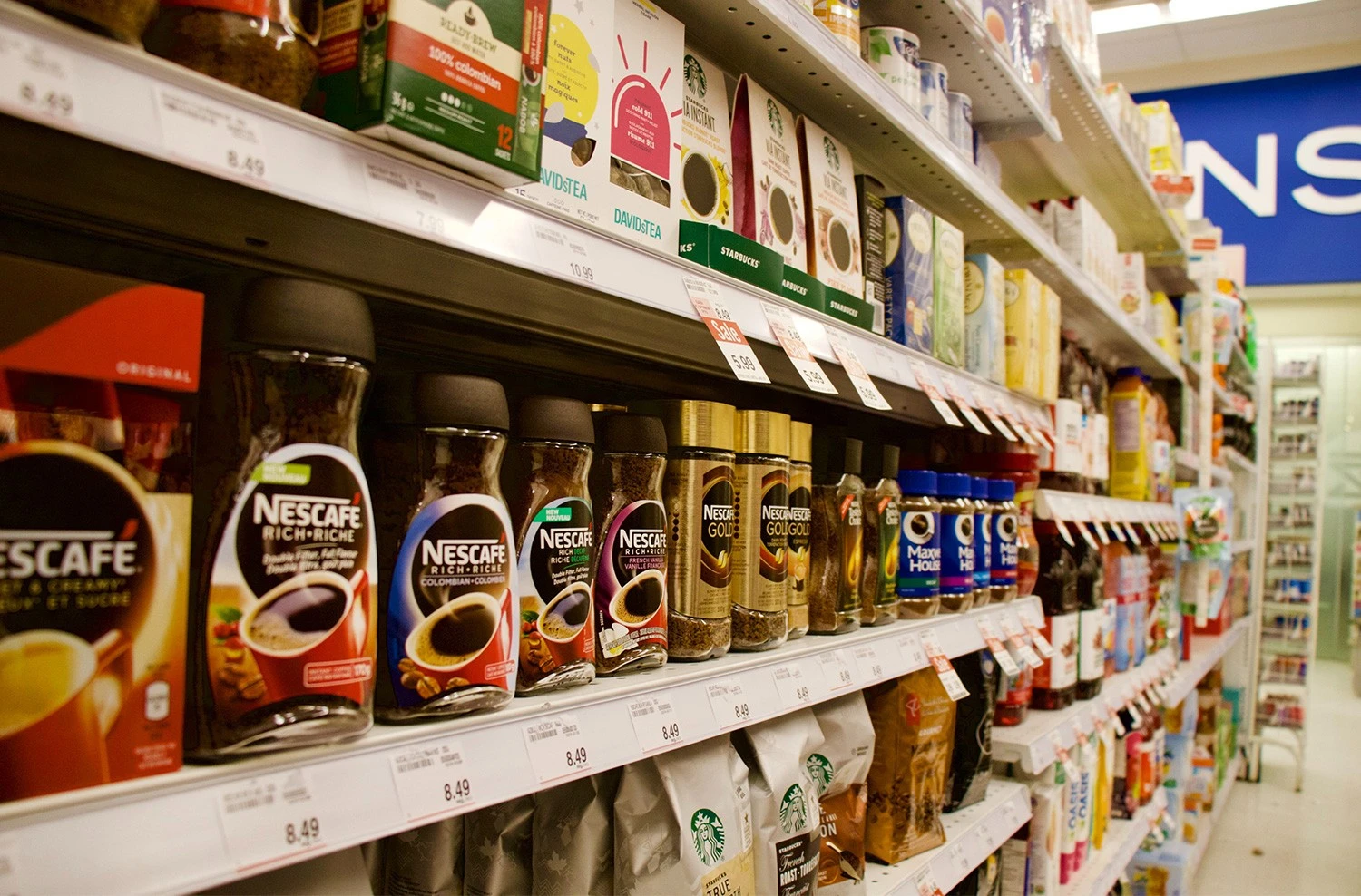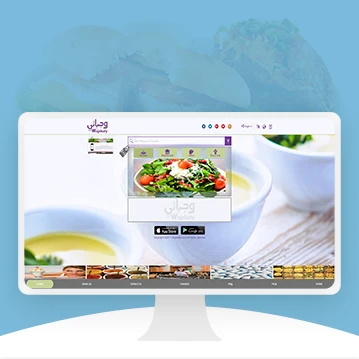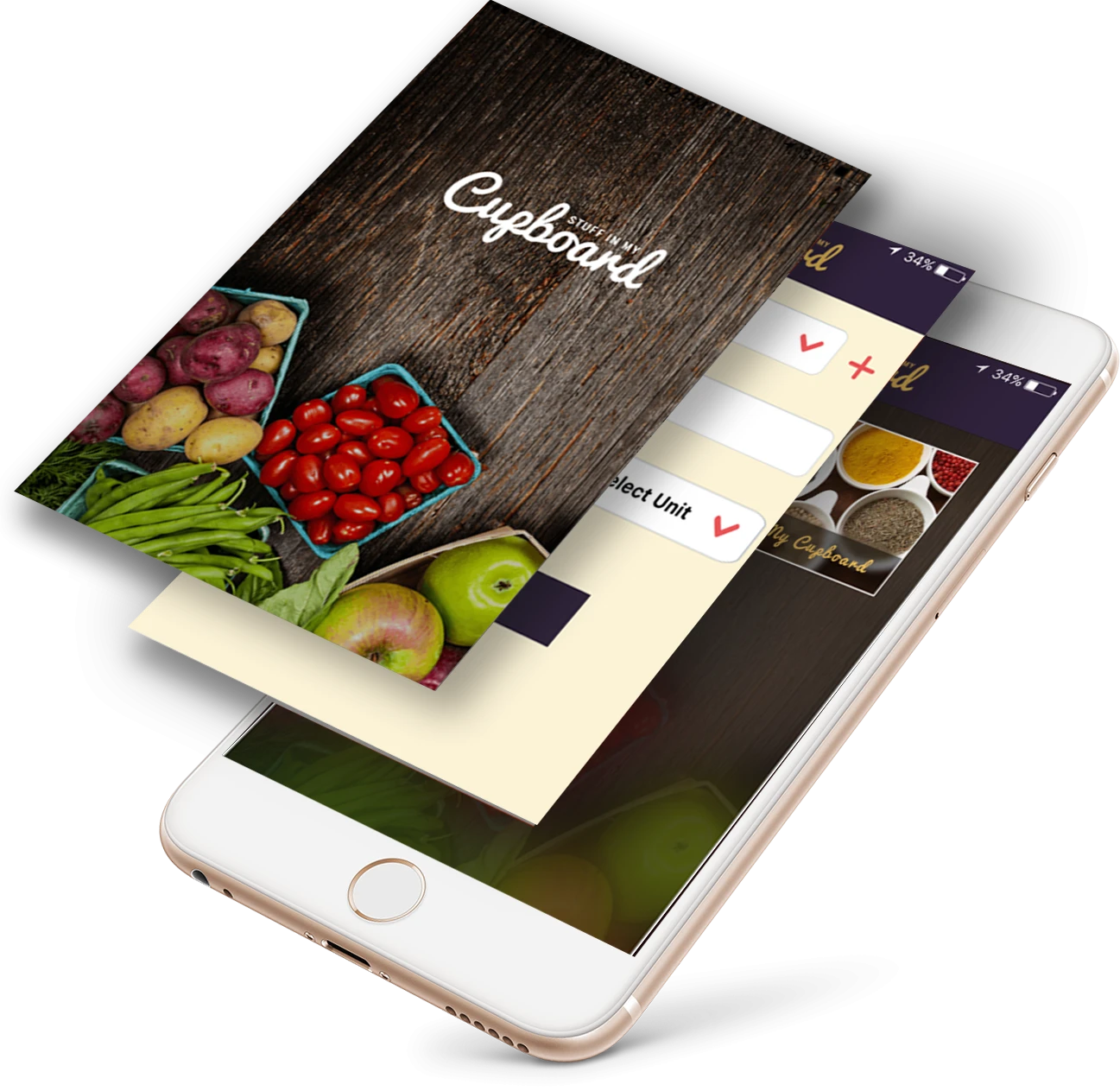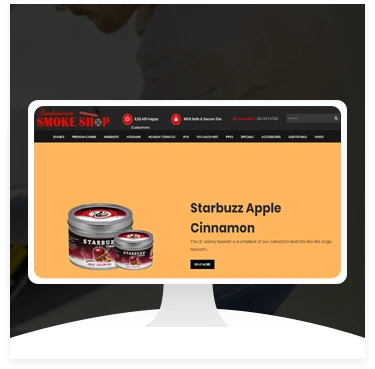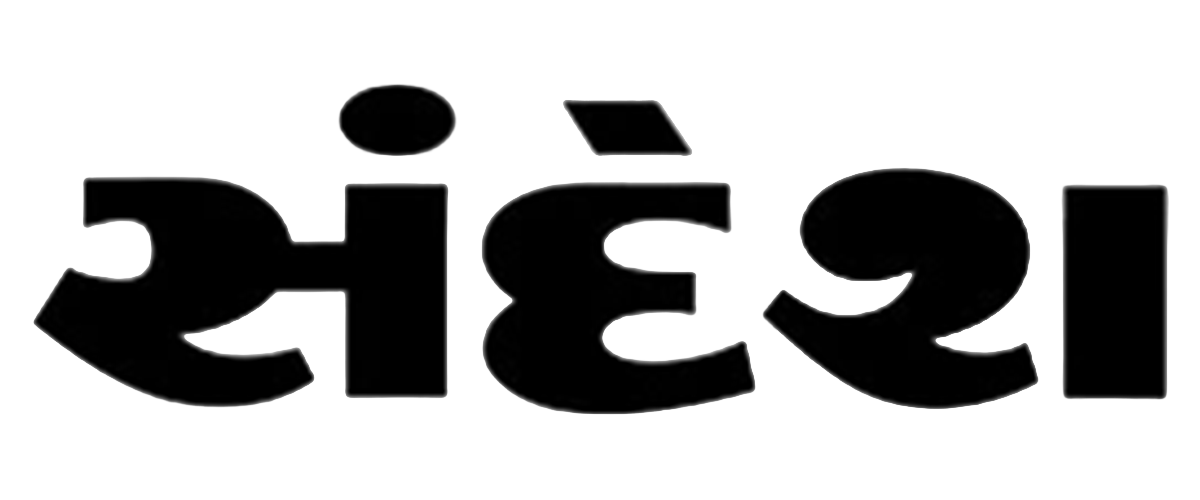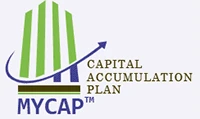FMCG App Development
In the fast-moving consumer goods (FMCG) sector, speed and efficiency define success. We create agile, scalable, and data-driven digital solutions that help FMCG brands optimize inventory, enhance market visibility, and deliver seamless customer experiences. Our tailored development services empower businesses to digitize operations, boost sales and strengthen their online presence.
Our Expertise Includes:
- Content and product management systems
- eCommerce website development
- Mobile and cross-platform applications
- Digital marketing and brand growth strategies

